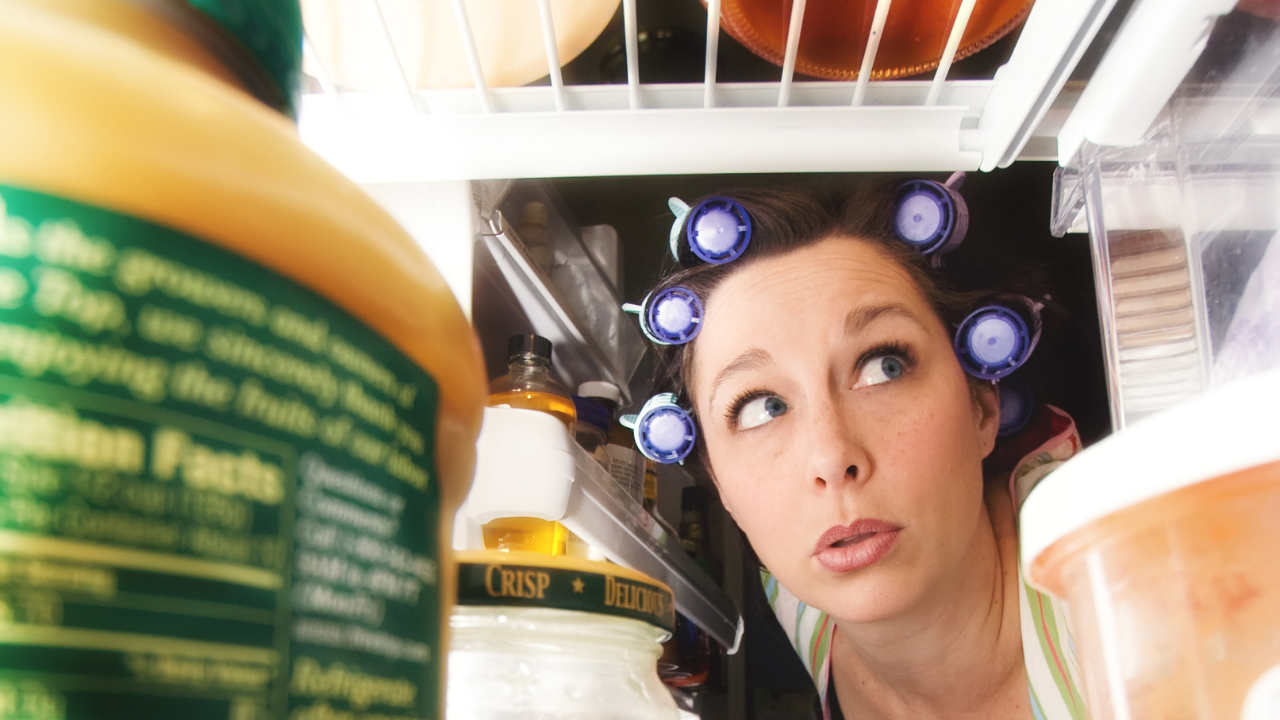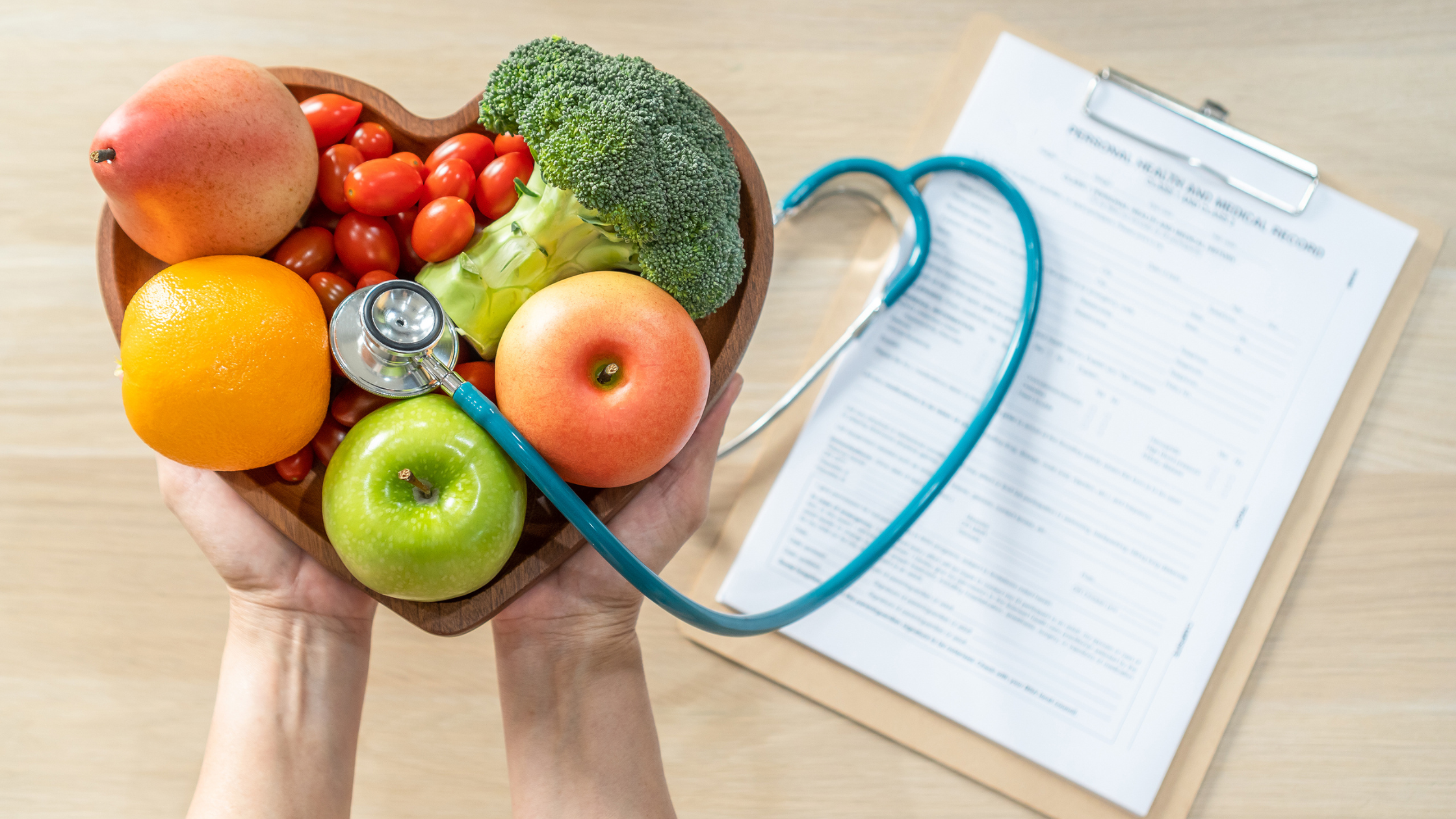Is Oatmeal Actually Healthy? | Debunking TikTok Myths
DISCLAIMER: Links included in this blog might be affiliate links. Health with Hannah, LLC is a participant in the Amazon Services LLC Associates Program along with other affiliate programs. If you purchase a product or service with the links that I provide I may receive a small commission with no additional charge to you. Thank you for your support!
Thanks to TikTok, oatmeal is under some heat and there have been viral claims that eating oats is one of the worst things you can do for your health, despite it’s long time status as a nutritious breakfast option. So what’s the deal? Is oatmeal actually bad for you?
If you’re new here, hello and welcome! My name is Hannah and I am a non-diet dietitian here to help you improve your relationship with your food and finally find food freedom.
In this blog we will cover:
Is oatmeal healthy?
The nutritional benefits of oatmeal
How to include oats to your diet
Is oatmeal healthy?
The short answer is yes, oatmeal is a healthy choice for many. Not only do oats offer an impressive nutrition profile with fiber and vitamins and minerals, but they are also relatively cheap and accessible. The latter is especially important to note because access to food is a critical part of health. We cannot eat “healthy” if we don’t have food to eat in the first place.
@dietitianhannah Replying to @neiceelife let me know which food you’d like me to add to next 😋 #nutritionbyaddition #gentlenutrition #oatmeal #oats #oatmealtiktok #oatmealrecipes #dietitianeats #dietitianinthekitchen #dietitianhannah #dietitiantips #nutritiontips ♬ original sound - Dietitian Hannah
Despite oatmeal’s long-time reputation as a nutritious food, the TikTok health “gurus” have made claims that oatmeal is very bad for our health. The main culprit for this? Something known as phytic acid.
Phytic acid, a compound that can be found in oats, is sometimes referred to as an “anti-nutrient” because it can bind to minerals such as iron and zinc, potentially reducing their absorption. For this reason, oats have lately been deemed an unfit breakfast that will lead to a mineral deficiency.
Yes, phytic acid is naturally occurring in your oats. But by the time the oatmeal has made its way to your mouth, the phytic acid levels are very low due to soaking and cooking. Not to mention that oats contain iron and zinc (and many other nutrients). So nothing is being “depleted” like the influencers claim.
Many of the “gurus” that demonize oats (a budget-friendly and accessible food) also sell unregulated and wildly expensive supplements, which are much riskier to our health than oatmeal will ever be. The very least that these influencers could do is offer an equal-priced alternative to the foods that they crap on (or, you know, not make videos about topics they have no business educating on).
So, the good news is that you can keep enjoying your oatmeal. Let’s go over a few ways that eating oats may actually be health promoting.
The nutritional benefits of oatmeal
Balanced blood sugars
Oats are known as a complex carbohydrate, which are digested slower than simple carbohydrates (simple carbs are found in fruit and milk products as well as sweets, candy, and regular soda). Fiber-rich complex carbs like oatmeal can help to steady blood sugar levels without rapid spikes and dips. Bonus points for also adding a protein and fat source to your oats for even more blood sugar control (p.s. I teach this method inside The Nutrition Reboot Membership, my non-diet community).
Heart health
The soluble fiber found in oats can help to lower cholesterol levels. Sometimes referred to as viscous fiber, soluble fiber absorbs water in the stomach to form a thick, jelly-like mass that moves through the intestines and “grabs” cholesterol to be excreted. This helps prevent “bad” LDL cholesterol from being absorbed into the blood vessels where it can potentially accumulate as plaques in the arteries.
Other foods that are high in soluble fiber include asparagus, oranges, legumes, oats, sweet potatoes, and brussels sprouts. Increase your fiber intake slowly and be sure to drink plenty of water to prevent constipation.
More regular poops
The fiber in oatmeal can help prevent constipation. Along with soluble fiber, oats offer insoluble fiber as well. Insoluble fiber helps add bulk to your stool, which helps to move waste through your body and prevent constipation. In this way, eating oatmeal can help keep you regular.
Other foods that are high in insoluble fiber include wheat bran, pears and apples with skin, corn, and brown rice.
How to include more oats in your diet
Oats are a super versatile food and are essentially a blank canvas for your favorite toppings and add-ins. Oats are typically thought of as a breakfast food, but you can easily incorporate oatmeal into your lunch, dinner, and snacks as well.
Protein overnight oats
What you need:
1/2 cup quick-cooking oats
3/4 cup milk or milk alternative
1 Tbsp chia seeds
2-3 Tbsp protein powder
1/4 cup Greek yogurt
1 tsp cinnamon
Honey, maple syrup, sugar-free syrup, or other sweetener to taste
Fruit, nut butter, nuts, other desired toppings
How to make it:
Add all ingredients (besides toppings) in a glass jar or container with a lid. Shake or stir to combine.
Refrigerate for a few hours or overnight. Top with desired toppings. Enjoy hot or cold.
Savory cheesy oats with egg
What you need:
1/4 cup dry quick-cooking oats
3/4 cup water
salt and pepper
2 Tbsp shredded cheddar cheese
1 tsp olive oil
1/4 cup diced red pepper
2 Tbsp finely chopped onions
1 large egg
How to make it:
Place oats and water in a microwave-safe bowl. Microwave at a high setting at one-minute intervals until soft. Stir oats between intervals. When the oatmeal is done, stir in shredded cheddar cheese and salt and pepper.
Heat a nonstick pan with 1/2 tsp olive oil. Add vegetables and cook for 2 to 3 minutes, until they soften. Add cooked vegetables to oats.
Add remaining 1/2 teaspoon of oil and fry egg. Serve over oatmeal.
Banana oatmeal chocolate chip cookies
What you need:
1 cup all purpose flour
1/2 tsp baking powder
1/2 tsp baking soda
1/4 tsp salt
2 Tbsp butter, softened
1/4 cup sugar
1/2 cup brown sugar
2 medium, overripe bananas, mashed
1 egg
1 tsp vanilla extract
1 1/2 cups quick-cooking oats
1 cup mini chocolate chips
How to make it:
Preheat oven to 350°F (175°C).
In a small bowl, whisk together flour, baking powder, baking soda, and salt. Set aside.
In a large bowl, cream together the butter, sugars, and banana until combined. Beat in the egg and vanilla extract. Gradually add in the flour mixture until thoroughly mixed. Stir in the oats and chocolate chips.
Drop dough by tablespoonfuls onto a baking sheet sprayed with non-stick cooking spray. Bake for 11-14 minutes until set and lightly brown. Let the cookies cool for about 5 minutes on the pan, then transfer to a wire rack to cool completely.
Bottom line - is oatmeal healthy?
Yes, oatmeal is a healthy breakfast choice with many nutritional benefits, despite what the TikTok influencers will tell you. Oatmeal is a relatively cheap and accessible grain with fiber, iron, and B vitamins. You can use oats in a variety of ways and it is a staple in the Dietitian Hannah pantry.
What is your favorite way to enjoy oatmeal? Leave a comment below!
Learn more
Featured podcast episode
Want more help on your diet ditching journey?
Join my signature membership to become part of a community of ex-dieters working towards food freedom and making peace with food so they no longer need to cut out their favorite foods.
































